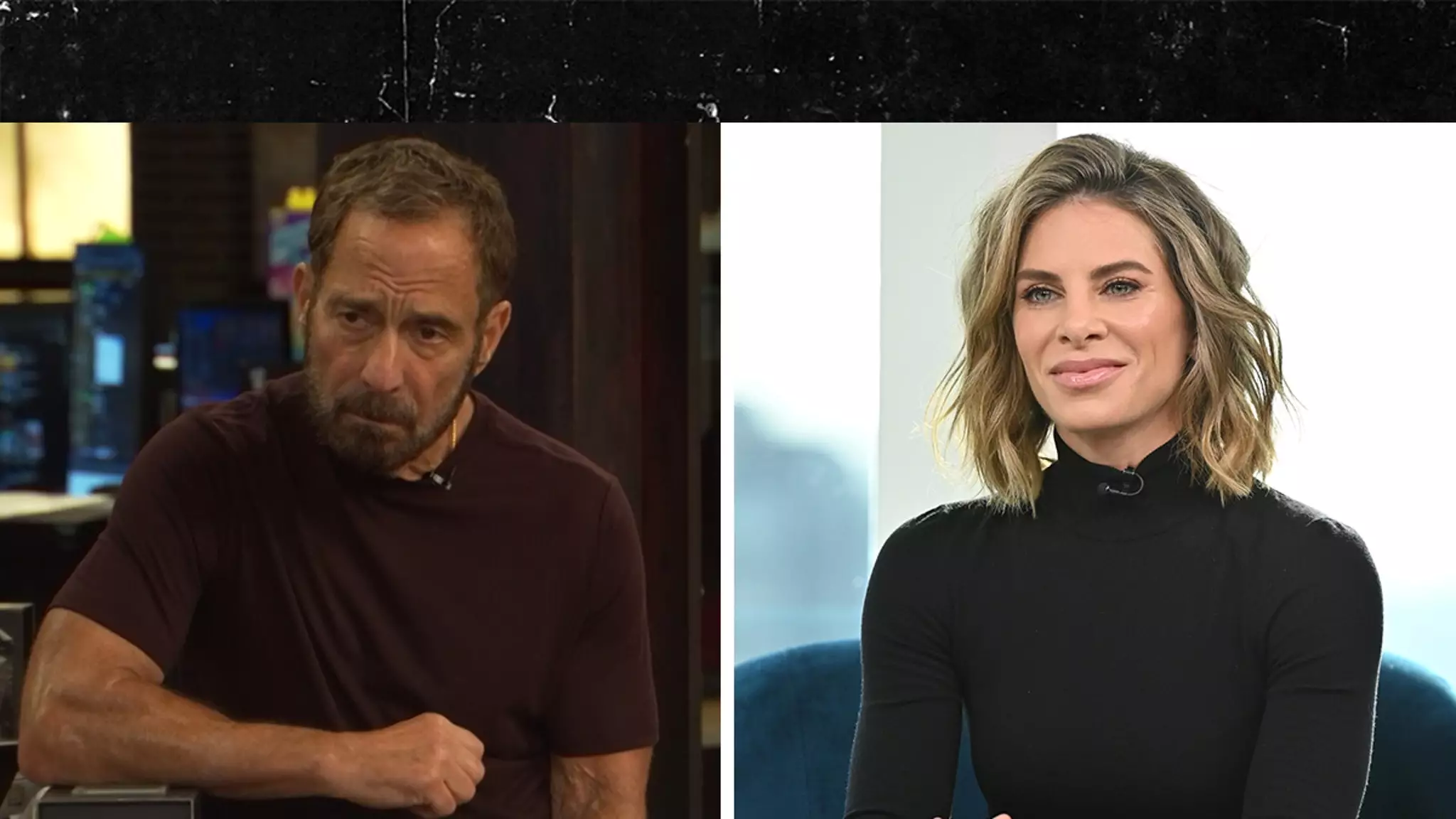In a landscape rife with sensationalized stories and corporate interests, Jillian Michaels emerges as a fierce critic of Netflix’s recent “Biggest Loser” documentary. Her vehement denouncement exposes a pattern of misinformation designed to tarnish her reputation and undermine her influence. Michaels doesn’t merely dismiss the documentary as flawed; she deconstructs it as part of a calculated campaign rooted in longstanding animosity and corporate machinations within the weight-loss and entertainment industries.
Throughout her candid interviews, Michaels presents herself as a victim of orchestrated deception. She reveals that critical claims, such as Dr. Robert Huizenga’s alleged disavowal of working with her, are outright false, citing her extensive email records as irrefutable proof. By dissecting these inaccuracies, she not only defends her credibility but also underscores the lengths to which industry players will go to distort her role in the show. This reveals a disturbing level of institutional bias, where vendettas and power plays often overshadow truth and integrity.
Unearthing Deep-Rooted Friction and Hidden Agendas
Michaels’ critique extends beyond mere facts—she implicates significant figures and organizations that, according to her, have long sought to diminish her authority. She alleges that former NBC executives, particularly Brandon Riegg, have historically been involved in smear campaigns against her—a suspicion now reinforced by her connection between past rumors and recent Netflix accusations. The narrative seems to suggest a pattern where her name has been sullied to favor corporate interests or to suppress dissent within the industry.
Her assertion that the documentary manipulated scenes to portray her negatively—such as falsely implicating her in illegal activities or unsafe medication practices—reveals a willingness to confront uncomfortable truths. Michaels emphasizes her proactive stance in protecting contestants, contrary to the reckless portrayal of her conduct. Her claims point to a broader issue: the power imbalance in media portrayals, where sensational stories often overshadow facts, especially when tied to profitable franchises.
Legal Battles as a Last Bastion of Defense
The most compelling aspect of Michaels’ revelation is her contemplation of legal action. The possibility of suing Netflix and its affiliates signals her outrage and determination to seek justice. She suggests that her team possesses a trove of evidence—emails, testimonies, and records—that could substantiate her claims of misinformation, cover-ups, and industry bias. Her willingness to escalate the conflict illustrates how deeply these false narratives have impacted her reputation and career.
Moreover, Michaels hints at a broader struggle for control over her personal and professional narrative. Her decision whether to publicly release her evidence or pursue litigation through high-profile attorney Bryan Freedman will undoubtedly shape the future discourse surrounding her and the franchise. Her stance underscores a refusal to be silent in the face of industry manipulation, positioning her as a defender of truth in a landscape dominated by corporate interests.
In debating whether to expose the resonant scandals or to let the matter rest, Michaels embodies a rare blend of resilience and strategic defiance. Her critique not only challenges Netflix’s narrative but also calls into question the ethics and motives behind such high-stakes documentary productions. The controversy serves as a stark reminder of how personal reputations can become collateral damage in larger battles for influence, control, and profit within the entertainment complex.

